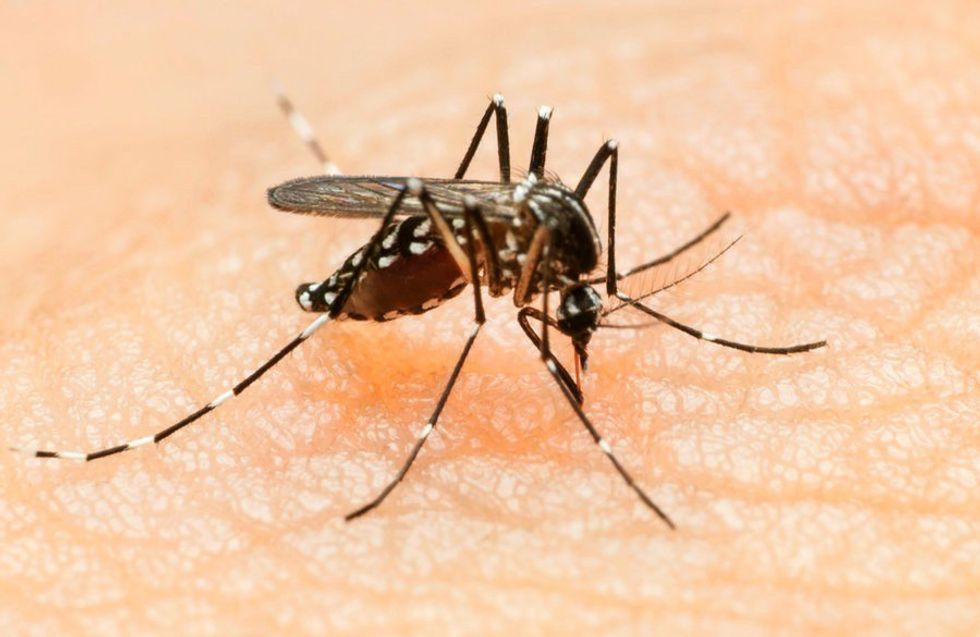When thinking of the “typical college spring break” experience, what often comes to mind are days of warm weather, unlimited alcohol, and a constant upbeat and fun experience. Unfortunately, with the outbreak of the Zika Virus, the destinations in which students may be travelling may leave individuals prone to contracting this virus; and since there is no vaccine or prevention tactics available prior to travel, one must pay attention to and understand the signs and symptoms in case of infection.
Diego Gutierrez, Manhattanville College junior and a Mexico City native, is planning to travel to Cancun, Mexico this spring break. When asked if he was concerned at all of how the Zika virus may affect his trip, Gutierrez responded, “What’s a Zika Virus?”
Since spring break is quickly approaching, the Manhattanville College Health Center is taking action. “There will be a flyer sent out to the Manhattanville community regarding the Zika Virus and the precautions student should take before, during, and after their spring break trip,” says Kristen Donohue-Gonzalez, director of the Manhattanville Health Center, “We also have an informational board set up outside of the health office with information regarding Zika along with prevention methods to lower risk.”
The lack of knowledge of the virus may be a rising factor as to why 1 in 5 people become severely ill. According to the Centers for Disease Control and Prevention (CDC), the symptoms of Zika are fairly mild, however, if you happen to be exposed but are unaware of the possibilities of Zika, one may allow for the Zika virus to travel throughout their body unknowingly.
The CDC also states that travelers can protect themselves by preventing mosquito bites. By sleeping in an air conditioned room with the windows closed and using EPA-registered insect repellent containing DEET, picaridin, and lemon oil, a traveller can lower their risk of contracting Zika; and the Manhattanville Health Center agrees. In fact, the campus health office is hoping to acquire samples of the necessary insect repellent to be given to spring breakers in the coming weeks.
For Zika Virus prevention, Juliette Provenzano, Manhattanville College Health Center physician states, “Students should stay away from moist areas, such as ponds and/or still water. Also, if students anticipate having any sexual contact, they need to use condoms or some type of barrier method.”
Kristen Donohue-Gonzalez makes mention that these are very aggressive mosquitos and students should be on high alert. “If you have recently travelled and begin to present flu like symptoms after returning home, then you should definitely get checked as soon as possible.”





















